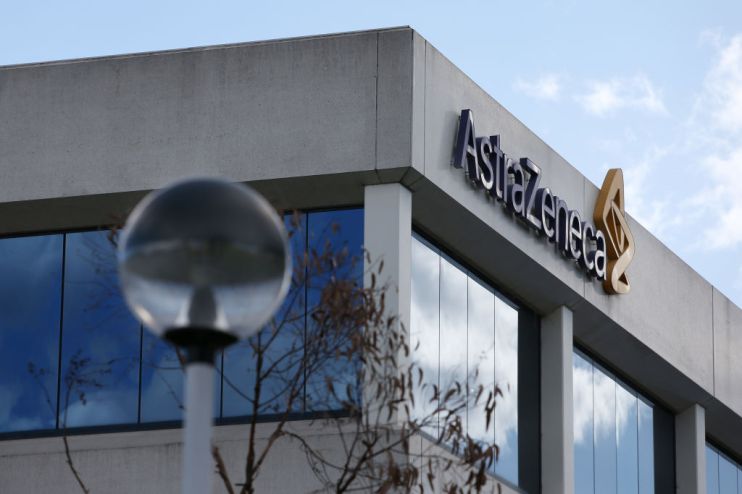Astrazeneca’s shares rise, as cancer drug uptake offsets fall in sales of pharma giant’s Covid-19 vaccine

Astrazeneca has posted what it claimed were “strong” financial results for the full year 2022 as surging demand for cancer medicines offset a fall in Covid vaccine revenues.
Shares in Astrazeneca jumped on the news as the firm said it expects another year of double-digit revenue growth in 2023.
The British firm’s strong results came as it won a record 34 drug approvals in major markets last year as regulators in the US and EU gave Astrazeneca the go-ahead to begin selling new medicines.
The pharma giant’s revenues increased 25 per cent year on year to $44.35bn as sales from its cancer fighting oncology business – which now accounts for more than a third of Astrazeneca’s overall revenues – jumped 19 per cent.
The uptick in income from the Cambridgeshire firm’s oncology segment in turn offset a 53 per cent drop in global sales of Astrazeneca’s Covid vaccine as supply contracts came to an end.
Astrazeneca’s ‘Oxford’ Covid vaccine gained approval from UK regulators on 30 December 2020 before it was rolled out to billions of people across the globe.
But the Cambridge-based firm reported a 94 per cent drop in sales of its Covid vaccine Vaxzevria in the last quarter of 2022.
A year earlier the business sold $1.8bn (£1.5 billion) worth of Vaxzevria, but in the final three months of last year it sold just $95m (£78.7 million) worth.
Astrazeneca said it expects sales of Covid-19 medicines – it has three others – to “decline significantly” this year, mainly driven by the vaccine.
The surge in revenues from Astrazeneca’s oncology business, to $15.53bn, came as countries across the globe expanded access to the British firm’s portfolio of cancer drugs.
The firm also obtained a record 34 approvals for new drugs in major markets including US green light for its Airsupra asthma drug as well as four EU approvals for the firm’s cancer treatments.
Astrazeneca also set out plans to complete more than 30 final-stage Phase III trials in 2023, as it pushes forwards with efforts to bring at least 15 entirely new medicines to market before the end of the decade.
Astrazeneca chief executive Pascal Soriot vowed to continue “to invest” in the firm’s drug development pipeline while also boosting the company’s profitability”
The French chief noted that ten of the new drugs in late-stage development have the potential to “deliver peak year sales of over one billion dollars.”
He claimed Astrazeneca is now “on-track to deliver industry-leading revenue growth through 2025 and beyond”.
Astrazeneca said the push to develop new drugs and bring new medicines to market would however see its core operating expenses increases, as its costs jumped 23 per cent in 2022 in its bid to secure long term growth.
Revenues from Astrazeneca’s rare diseases unit – which accounts for 16 per cent of the firm’s overall revenues – also increased 10 per cent, as the British firm expanded sales of its medicines into new markets.